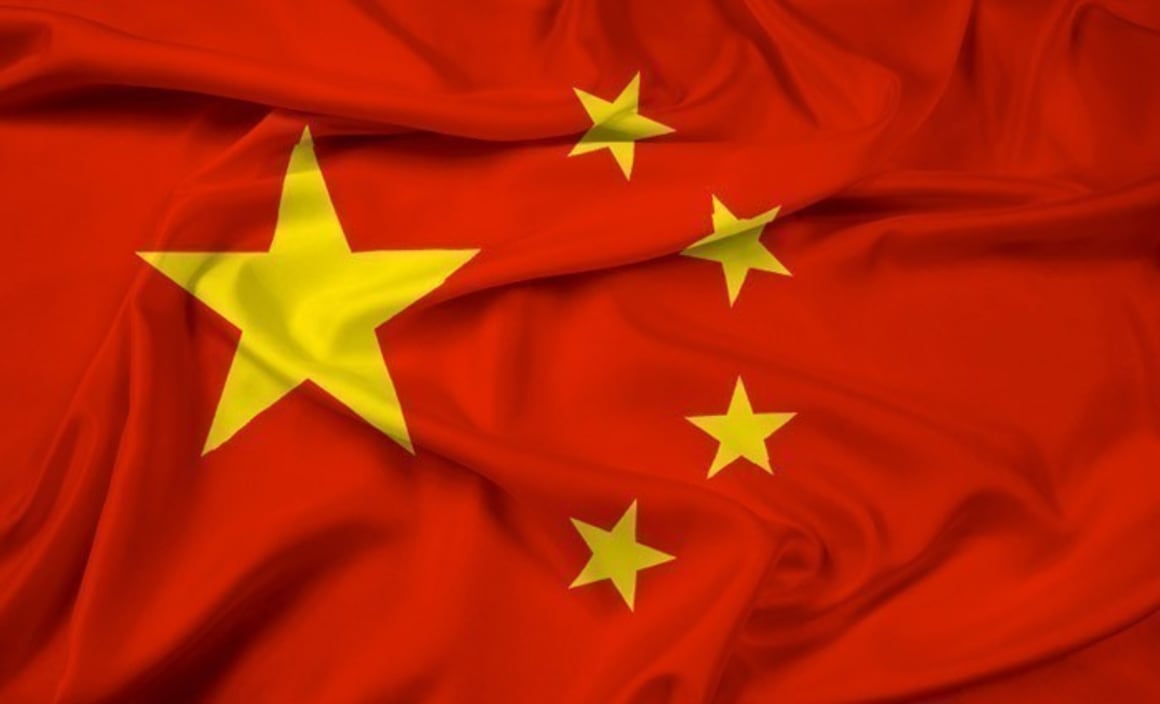Australia competing for Chinese offshore capital

EXPERT OBSERVER
Australia is closing in on the United States to become the primary destination for Chinese offshore capital as domestic regulation forces Chinese investors diversify their strategies.
Australia is the second largest recipient of Chinese overseas capital after the United States, with US$99 billion since 2008, just lower than the US$138 billion that reached the U.S.
But a change of pace in overall capital allocation in the two markets could see Australia nudge in on its rival.
In line with a slowdown in Chinese outbound investment overall, last year, Chinese investment in Australia declined by 11 percent, while in the U.S. it was 35 percent according to the report Demystifying Chinese Investment in Australia, produced by KPMG and The University of Sydney, in collaboration with JLL.
Overall Chinese investment volumes will continue to fall, but Australia’s position remains strong as it continues to be globally competitive in areas that China wants to grow, including real estate, health and wellbeing, technology and mining resources.
And despite capital controls in their own country, Chinese investors remain bullish, as the sheer size of their economy and GDP, forces them to diversify.
“They are investing with a long-term focus – and this is positive for Australia,” says Ferguson.
Australian real estate continues to hold Chinese interest as volumes remain strong globally, with A$4.4 billion invested in the Australian market last year, equating to 11.5 percent of the country’s total real estate allocation.
In fact, despite the drop in overall outbound investment, the volume of real estate snapped up by Chinese investors globally has held strong. JLL’s 2017 China 12 report shows that its total real estate investment, including land sales, totaled US$32 billion – about 20 percent of total investment – which is close to the US$33 billion invested the previous year.
There has, however, been a noticeable shift away from the trophy assets Chinese investors have been known for, and more towards high quality investments regardless of deal size.
The investor profile has changed, too, with private Chinese companies filling the gap left by state owned enterprises, the number of which dropped for the first time since 2014.
The fundamentals of Australian real estate will ensure it continues to hold its own in the race for Chinese capital, says Michael Zhang, Head of JLL’s China desk in Australia.
“The macroeconomic framework is supportive, while the market is attractive from a global perspective,” Zhang says.
“Economic fundamentals are robust, population growth is solid, market transparency is high, and returns are broadly higher relative to comparable markets globally.”'
Doug Ferguson is the Head of Asia and international markets at KPMG Australia